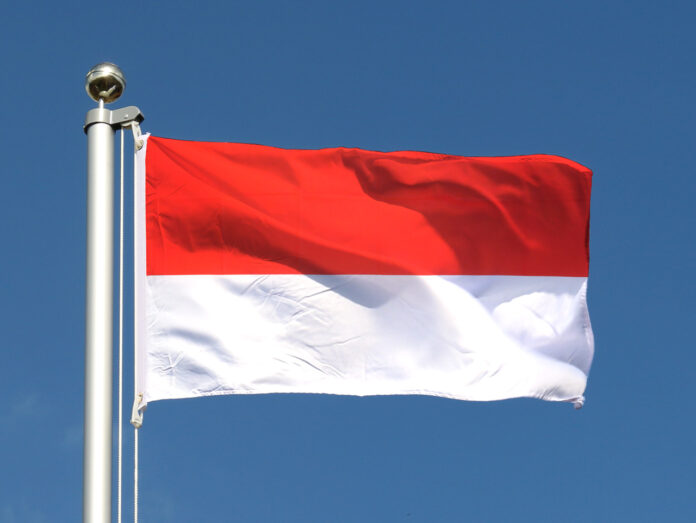Indonesia Bans iPhone 16 Sale and Operation Over Investment Shortfall and Regulatory Non-Compliance
In a decisive move, Indonesia has banned the sale, import, and use of Apple’s latest iPhone 16, declaring the device illegal within the country’s borders. The announcement came from Industry Minister Agus Gumiwang Kartasasmita, who cautioned consumers against purchasing the iPhone 16 from abroad. According to Kartasasmita, any use of the device within Indonesia violates local regulations, particularly the International Mobile Equipment Identity (IMEI) certification requirements. Without IMEI certification, a smartphone cannot connect to Indonesia’s telecom networks, rendering it unusable.
Investment Shortfall Sparks Ban
The primary reason behind the ban is Apple’s failure to meet its investment commitments in Indonesia. The tech giant had promised to invest 1.71 trillion rupiahs (roughly 919 crore INR) into local operations but has only contributed 1.48 trillion rupiahs (approximately 795 crore INR). This leaves a 230-billion-rupiah (about 123.6 crore INR) gap in promised investments.
Minister Kartasasmita emphasized that Apple must fulfil the remaining commitment before receiving operational approval. Until the full investment is honoured, the iPhone 16—along with newer devices like the iPhone 16 Pro series and Apple Watch Series 10—will remain unavailable for sale or legal use in the country.
Regulatory Requirements: TKDN Certification and Local Content Mandates
A crucial regulatory hurdle for Apple is meeting the TKDN (Domestic Component Level) certification, which mandates that at least 40% of the product’s components be locally sourced. This requirement boosts domestic industry by encouraging international companies to engage with local suppliers. As part of its strategy to meet these expectations, Apple has pledged to establish two research and development centers, known as Apple Academies, to promote local talent and innovation.
While Apple’s application for TKDN certification is currently under review, approval will only be granted if the company meets both its financial obligations and local content requirements.
Failed Negotiations Despite Tim Cook’s Visit

Negotiations between Apple and the Indonesian government have been ongoing, including talks held earlier this year during Apple CEO Tim Cook’s visit to Jakarta. However, despite these discussions, no agreement has been reached to secure the necessary certifications and approvals. As a result, the iPhone 16 and other Apple products remain unavailable on the Indonesian market.
A spokesperson from Indonesia’s Ministry of Industry confirmed, “The application for TKDN certification is under review, but approval is contingent upon Apple honoring its outstanding commitments.”
Implications for Apple and Indonesian Consumers
This ban highlights Indonesia’s firm stance on investment and regulatory compliance for international companies operating in the country. Apple’s inability to meet its financial and operational commitments demonstrates the significant expectations placed on foreign businesses.
Indonesian consumers hoping to get their hands on the iPhone 16 must remain patient, as the timeline for the ban’s resolution remains uncertain. Until Apple complies with both investment targets and TKDN standards, the iPhone 16 will continue to be restricted in the country.
The situation serves as a clear reminder that global tech giants must align with local laws and economic priorities if they wish to succeed in highly regulated markets like Indonesia.

